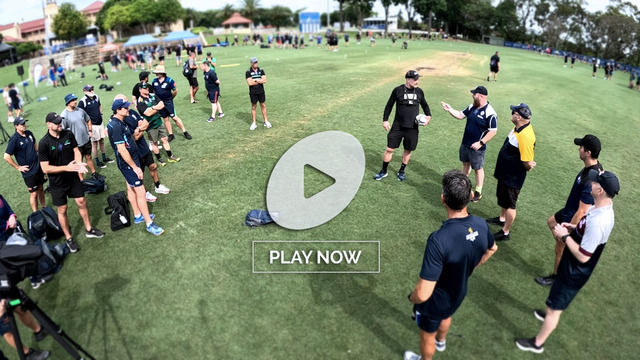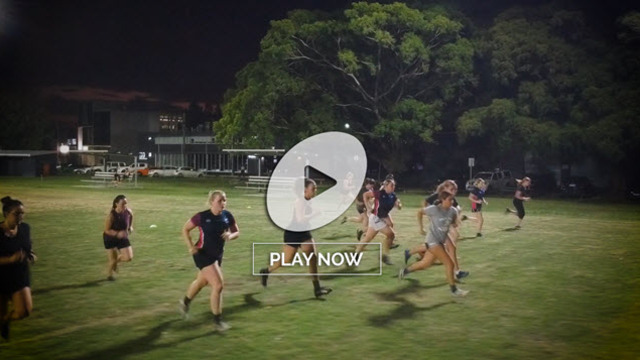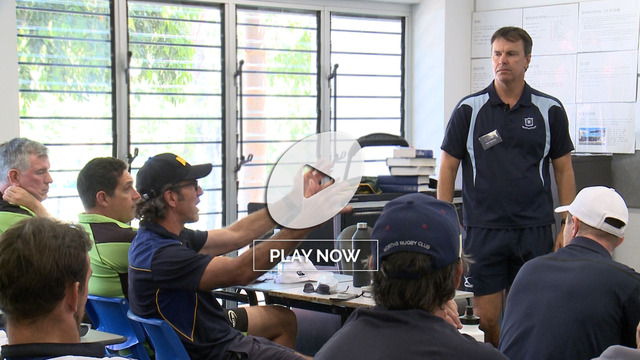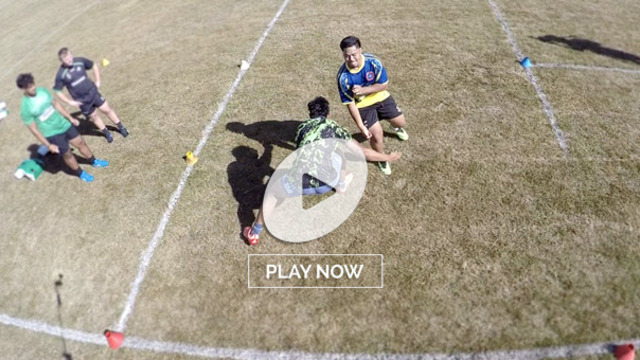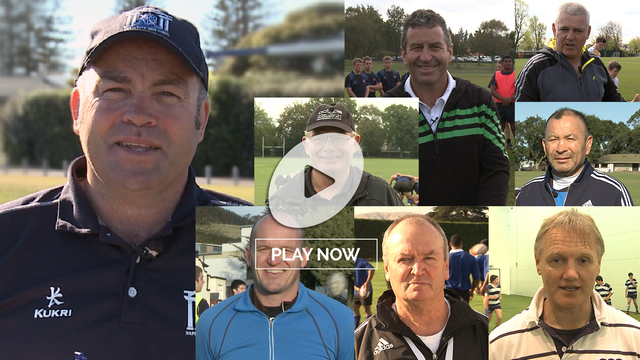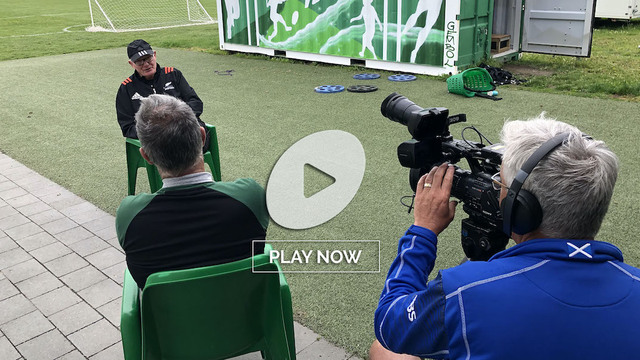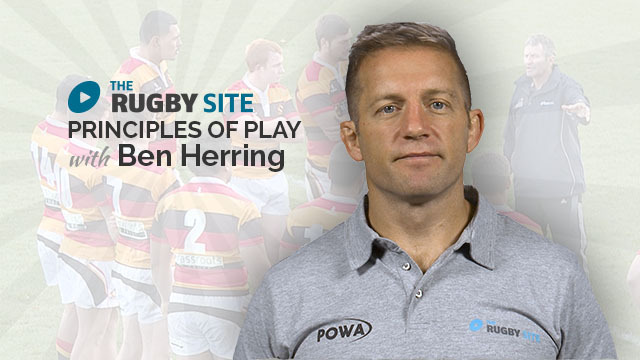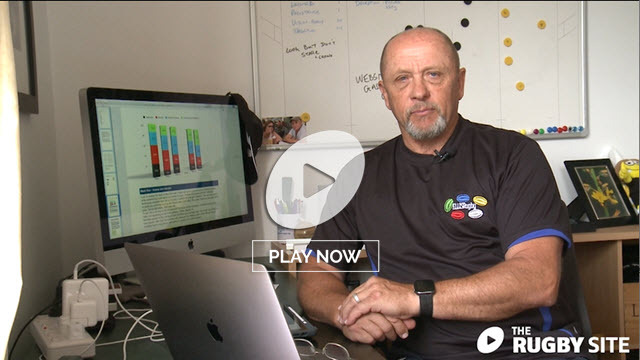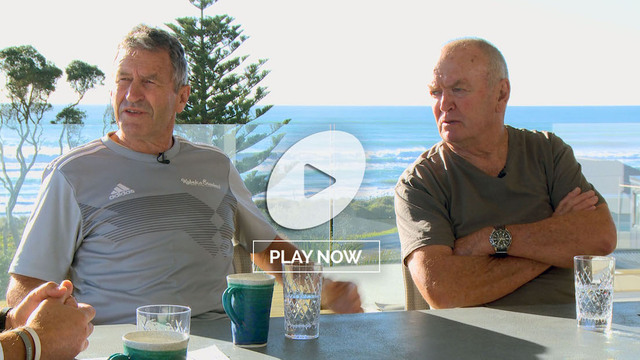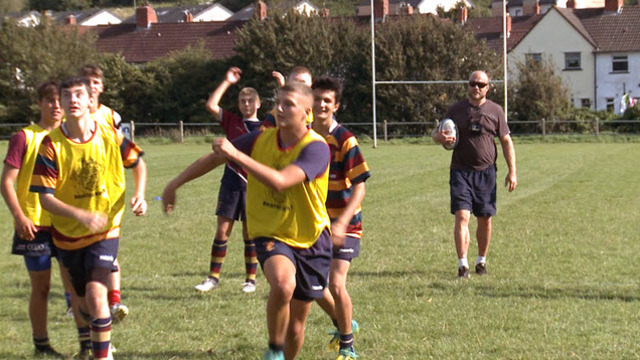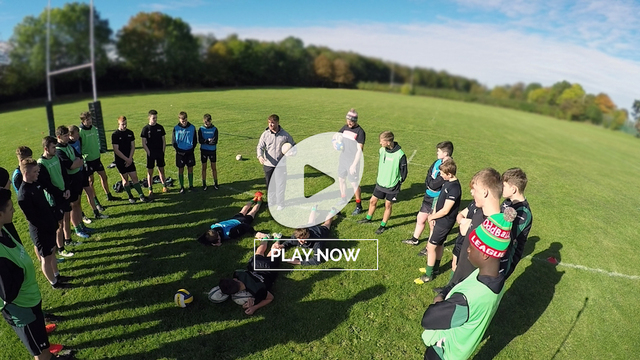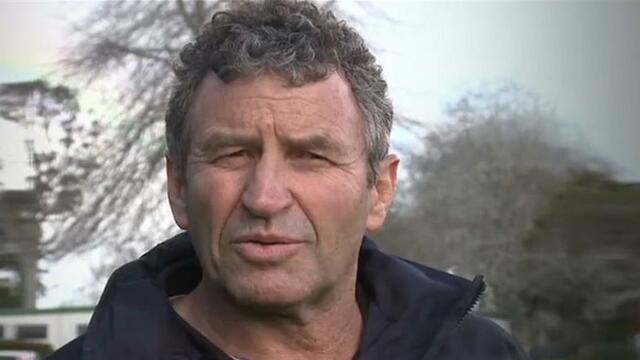Comfortable in chaos – train like a champion team
As the dust settles on another epic northern hemisphere season, the focus switches almost immediately to the next campaign.
Pre-season planning is where the seeds of success are sown and when looking for a blueprint for such rewards then it makes sense to follow the lead of those who have most recently tasted triumph.
Irish province Leinster set the bar in Europe last term with a brilliant blend of power, pace and skill that carried them to not only the Champions Cup title but also the PRO14 crown.
A key figure in that enviable run of form was senior coach Stuart Lancaster – arguably the most important squad addition made by head coach Leo Cullen.
The former England boss has energised a talent-heavy Leinster squad since joining the coaching team in 2016 with players all too keen to gush about his influence.
“Stuart Lancaster, what a special coach to come in to do what he’s done and for Leo to have the courage to bring him in. It’s amazing,” raved fly-half Johnny Sexton following their Champions Cup final victory over Racing 92.
Much has been made of Lancaster’s attention to detail, man-management skills and the impact he has had on some of the province’s rising stars like Garry Ringrose and Robbie Henshaw.
But his most telling contribution has arguably come on the training field as detailed earlier this season by scrum-half Jamison Gibson-Park.
“He’s always trying to help and driving a very high standard in training and tries to connect on a personal level,” the Auckland-born No.9 told The Rugby Pod.
“Certainly when Stu first showed up, it blew the boys away a little as we weren’t used to that level of intensity in training.”
How could your team benefit from Lancaster’s influence – without the man himself?
Leinster athletic performance coach Cillian Reardon recently offered a priceless insight into the gruelling ‘Stuesday’ training sessions, named in honour of their coach, that have laid the foundation for their success.
“The players know that intensity is the key component to training so they just get up for it,” he told the For Fit Sake podcast. “Of all the training windows in the week when we need to deliver, this is the main one; they really get up for that ‘Stuesday’ session.”
So what makes those sessions so painful yet ultimately rewarding?
“Basically we have a system of three teams being out there and they play phase after phase after phase, pretty much non-contact,” Reardon explained, “they change where the ball is on the pitch, what teams are facing each other but it is just continuous."
“Depending on how tough he (Lancaster) wants that session to be, they do it for 15 minutes, 20 minutes or 40 minutes, but players know that they are essentially going to have to play 15 on 15 and deliver quality in that session in a fairly chaotic scenario."
“They don’t know how long that is going to go on for so they have to show up and make the right decisions until they are told not to and that is pretty much what a game is too.”
It is an approach that emphasises match-like training and conditions players for the game without the need for a massive intervention from strength and conditioning staff.
Reardon, who has been working with the Dublin-based province since 2011 and recently launched a pro boxing career, insists the building blocks in terms of fitness and strength must still be laid in pre-season but a co-ordinated approach is important when the season is up and running.
“The further I get into it now the more I feel like the next step you can make to improve teams or to stand out as a coach or make your team stand out is not so much with your strength stuff or fitness stuff, because everyone is doing that stuff,” he stressed, “it’s about improving how you translate that to the way you play."
“The coaches we have are so experienced and have such a solid way of delivering the rugby programme, we do very little extras or top ups or anything like that with players and I think that is the mark of a good programme."
“You are not having to chase what basically should be just base line elements of fitness, they should just be there and the fact that the rugby programme is delivering those makes my job much easier."
“It keeps it relevant, it means the strength we build in the gym, the fitness we build in pre-season, most of the time during the year the players are just learning how best to translate that into performance instead of chasing a number that we see as being what you have to have in order to perform in the sport.”
Reardon also believes some teams can get hung up on the importance of hitting certain numbers in the gym.
“I think what differentiates teams that do that and teams that don’t is technical and tactical execution,” explained Reardon. “How aerobically and anaerobically fit and strong you are obviously important but as I’ve said it is basically a base line."
“Once you’re strong enough and fit enough, our next scope for improvement is probably not so much becoming stronger or fitter, it is from translating that, shifting that emphasis to pitch stats rather than a better 1K test time, or squat strength and that kind of thing.”
Leinster’s overall aim is to create players who are comfortable working under both physical and mental stress, who can keep calm under pressure and make good decisions when fatigue has set in.
In essence, players who are comfortable being uncomfortable.
The road to that goal is certainly not easy but it is clear to Gibson-Park, and anyone who has saw them in action last season, that hard work pays off.
“By this stage, it has become the normal thing, and I suppose you can see on the pitch how fit the guys are and how comfortable we are in chaos.”






